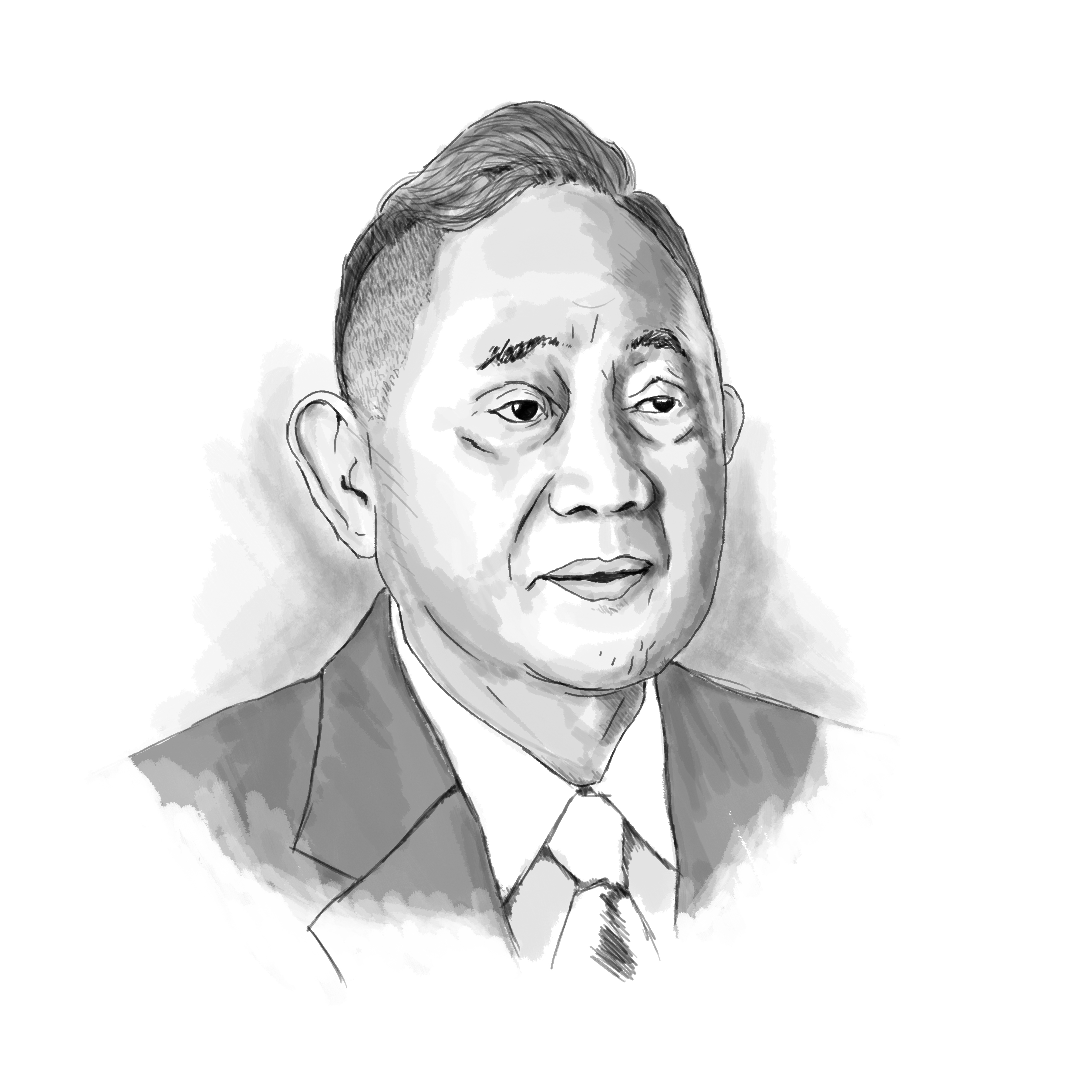PEACE-MAKER

Today, as Christendom celebrates the resurrection of our Lord Jesus Christ, we are once again reminded that hope triumphs over despair, light over darkness, and peace over conflict. Yet even as churches across our country echo with joyful proclamations of “He is risen!”,we remain painfully aware of the divisions that fracture our society, the violence that engulfs many parts of the world, and the uncertainties that cloud the future of humankind.
In the Philippines, political strife and bitter polarization have sadly become the norm. As a lifelong advocate of public unity, we have always believed that politics, at its noblest, should be a platform for building bridges—not erecting walls. But today, the widening gap between leaders and citizens, between ideologies and institutions, reminds us that we must urgently revive the spirit of dialogue, cooperation, and mutual respect. For our democracy to endure, we must not merely tolerate dissent—we must understand it.
Across Asia, tensions simmer dangerously. The West Philippine Sea remains a flashpoint where national pride and geopolitical ambition collide. In the Korean Peninsula, the specter of militarization and nuclear escalation continues to threaten peace. The recent tension in the Taiwan Strait and the instability in Myanmar highlight how volatile our region has become. These are no longer distant tremors; they are pressing alarms.
In the wider international community, the bloodshed continues relentlessly. The war in Ukraine drags on, now in its third tragic year, exacting a terrible toll in human life and global stability. In Gaza and Israel, new waves of violence have deepened wounds that span generations. In Sudan, civil conflict has displaced millions. In Haiti, lawlessness and suffering have reached catastrophic proportions. And in many parts of Africa and the Middle East, fragile states teeter on the edge of collapse under the weight of war, poverty, and extremism.
These crises are sobering reminders that peace, though fervently desired, is never easily won. But let us be clear: peace may be elusive—but it is never impossible.
As someone who has long championed interfaith dialogue and regional cooperation through organizations we founded—the International Conference of Asian Political Parties (ICAPP), the Asian Parliamentary Assembly (APA), and the Asian Peace and Reconciliation Council (APRC), we firmly believe that we must rekindle the fires of diplomacy and dialogue. We must encourage statesmen, faith leaders, civil society, and young people to return to the table of reason, and to speak not merely for their interests but for the collective future of humanity.
On this Easter Sunday, let us not only celebrate the miracle of resurrection, but also commit ourselves to the slow, patient, often painful work of reconciliation. Let us remember that the road to peace is paved with small acts of courage: a listening ear, a softened tone, a hand extended in forgiveness. As Christ emerged from the tomb, so too must we rise from the dead weight of hatred, vengeance, and division.
The world stands at a crossroads. We can choose fear and isolation—or we can choose hope and solidarity. Let us choose wisely. Let us choose peace.